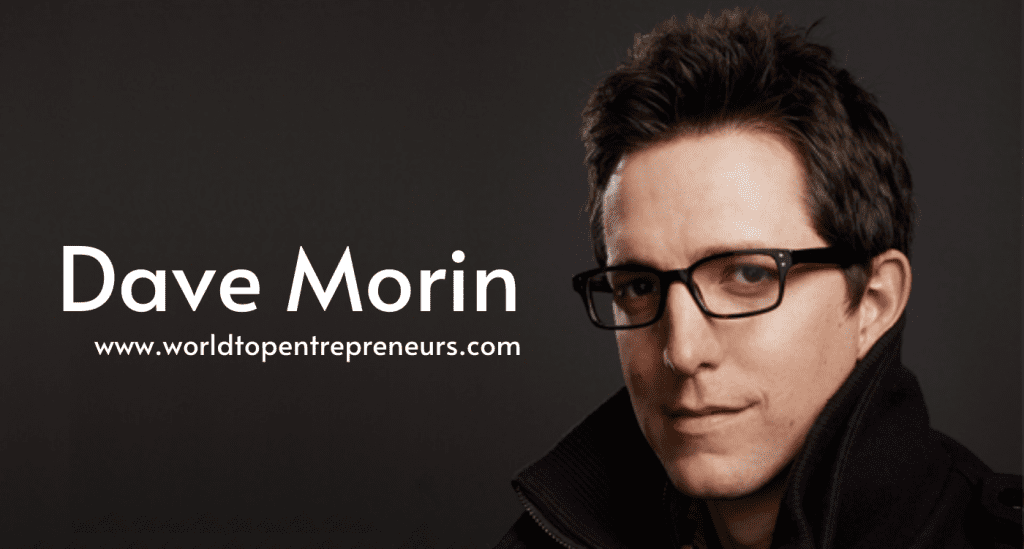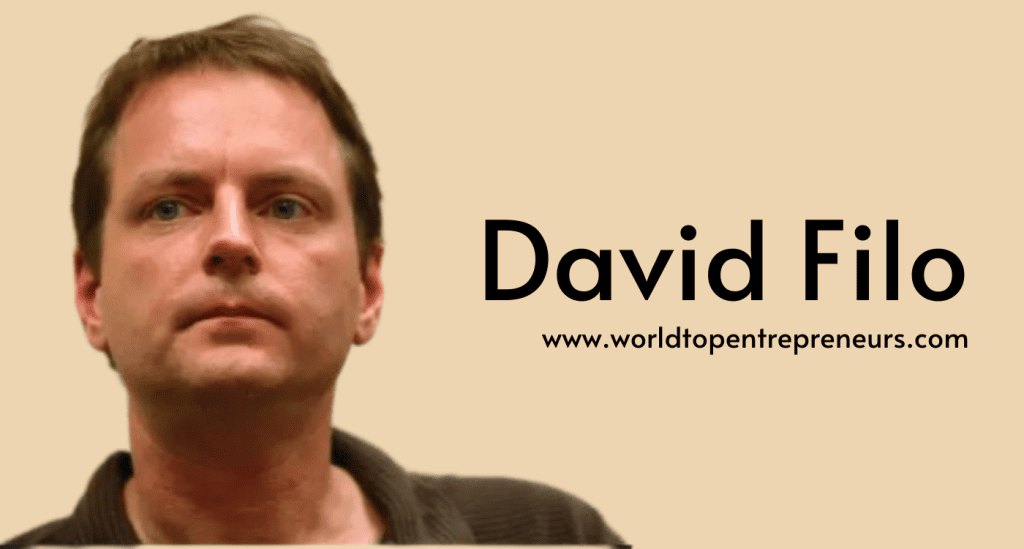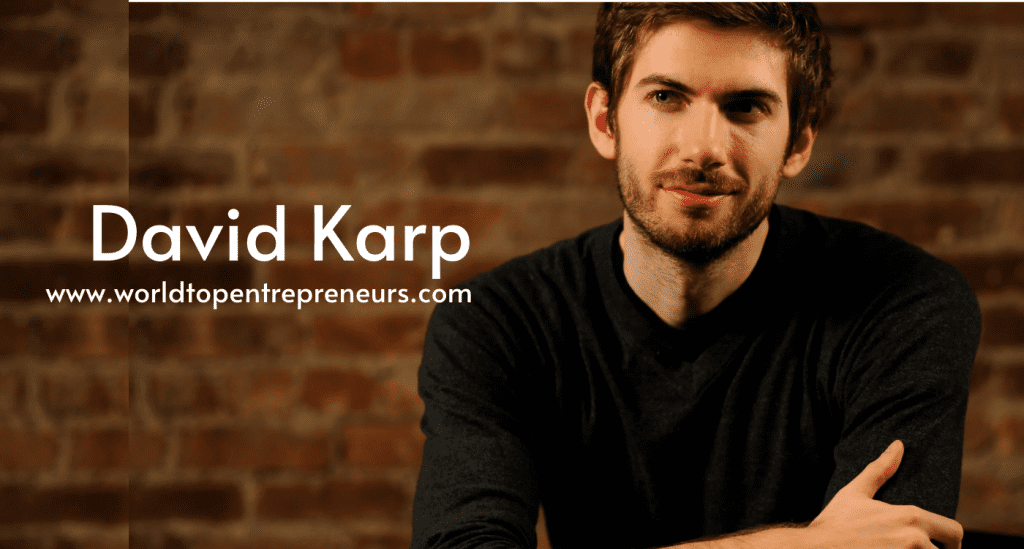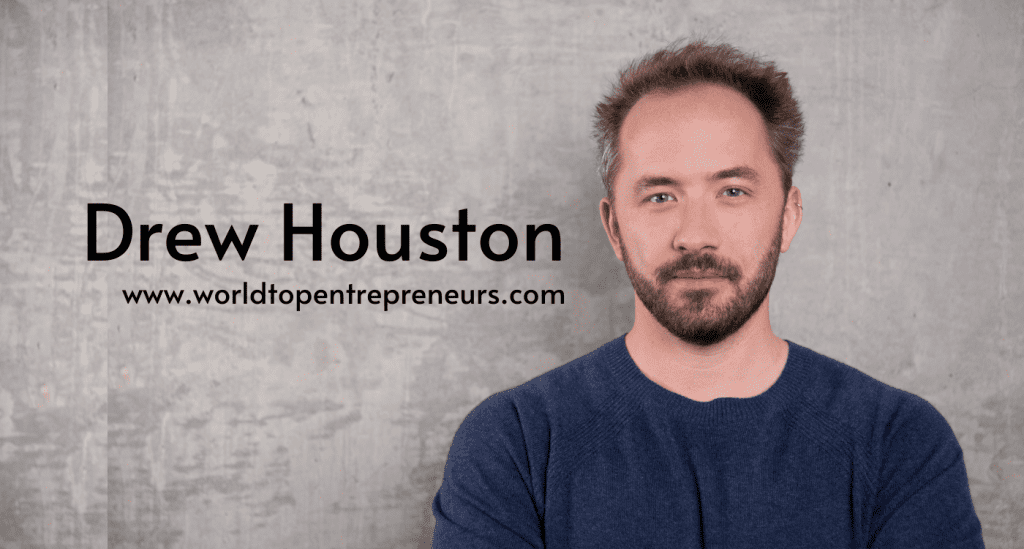In the vast landscape of the internet, where every click and view seems ephemeral, there are certain individuals whose contributions resonate through time. Jawed Karim is one such figure—a pioneer whose modest demeanor belies his profound impact on how we consume and share information online. While his name may not be as immediately recognizable as some of the platforms he helped create, his influence on the digital age is undeniable, particularly through his co-founding of YouTube, a platform that revolutionized media consumption worldwide.
Early Life and Background
Jawed Karim was born on October 28, 1979, in Merseburg, East Germany, to Bangladeshi parents of academic backgrounds. His father, Naimul Karim, was a researcher at the University of Minnesota, which eventually brought the family to the United States. Jawed grew up in a multicultural environment, which shaped his perspective on technology and its potential to connect people globally.
Education and Formation of Ideas
Like many innovators, Karim’s journey to entrepreneurship began with a keen interest in technology. He attended the University of Illinois at Urbana-Champaign, where he studied computer science. It was during his time there that he met two individuals who would later become his collaborators in reshaping the digital landscape: Steve Chen and Chad Hurley. Together, they would go on to create YouTube, but their path to this groundbreaking idea was not without its twists and turns.
The Birth of an Idea
The concept of YouTube arose from a simple yet profound observation: the internet lacked a convenient platform for sharing and viewing videos. In the early 2000s, while other sites offered video hosting, the process was cumbersome and often required technical expertise. Karim, Chen, and Hurley saw an opportunity to streamline this process and make it accessible to everyone.
YouTube: From Concept to Reality
In February 2005, the trio registered the domain name “YouTube.com.” Their initial concept was straightforward: a platform where users could upload, share, and view videos easily. What started as a solution to a personal frustration soon blossomed into something much larger than anyone could have anticipated.
The early days of YouTube were characterized by its simplicity and user-driven content. Unlike traditional media platforms, YouTube democratized video publishing, allowing anyone with an internet connection to become a creator. This democratization of media would later have profound implications for industries ranging from entertainment to journalism.
The Impact of YouTube on Media and Society
YouTube’s impact on media consumption cannot be overstated. As the platform gained popularity, it became a go-to source for entertainment, news, education, and even social movements. From viral videos that captured the world’s attention to citizen journalism that brought important social issues to the forefront, YouTube became a cultural phenomenon.
Moreover, YouTube provided a platform for niche communities to thrive. Content creators emerged from all corners of the globe, sharing their passions and expertise with audiences who were eager for authentic, unfiltered content. This shift towards user-generated content challenged traditional media models and paved the way for new forms of storytelling and audience engagement.
Challenges and Growth
Despite its rapid growth and widespread acclaim, YouTube faced its share of challenges. Copyright issues, concerns over content moderation, and debates about monetization and advertising were constant themes throughout its evolution. However, Karim and his team navigated these challenges with a commitment to balancing innovation with responsibility.
Legacy and Beyond YouTube
While Jawed Karim is often associated with YouTube’s early days, his contributions extend beyond co-founding one of the most influential platforms of the 21st century. Karim’s entrepreneurial spirit and passion for technology have led him to explore other ventures and opportunities. His insights into user experience and digital innovation continue to inspire new generations of technologists and entrepreneurs.
Personal Reflections and Philosophy
In interviews, Karim has often maintained a low profile, preferring to let the platform and its users speak for themselves. His modesty and focus on the user experience underscore his belief in the power of technology to connect people and communities. For Karim, the success of YouTube was never just about numbers or metrics; it was about enabling individuals to share their stories and perspectives with the world.
Conclusion: A Lasting Impact
Jawed Karim’s journey from a curious student of computer science to a co-founder of YouTube exemplifies the transformative power of ideas and innovation. His contributions have not only reshaped the digital landscape but have also redefined how we interact with media and each other in the digital age. As YouTube continues to evolve and adapt to changing technological landscapes, Jawed Karim’s legacy remains as a testament to the profound impact of visionary thinking and a commitment to making the world more connected.
In a world where technological advancements often seem fleeting, Jawed Karim’s story reminds us that behind every innovation lies a journey of perseverance, creativity, and a belief in the potential of technology to change lives. As we look towards the future, we can draw inspiration from Karim’s story and continue to explore new frontiers in technology and media, guided by the belief that the greatest innovations are often born from a simple yet powerful idea.
Jawed Karim may not seek the spotlight, but his influence on the internet era is unquestionable. His legacy lives on not only in the billions of videos shared on YouTube but also in the countless individuals who have been empowered to share their voices and stories with the world. As we celebrate the achievements of innovators like Jawed Karim, we are reminded that the true impact of technology lies not in its complexity, but in its ability to bring us closer together as a global community.





















